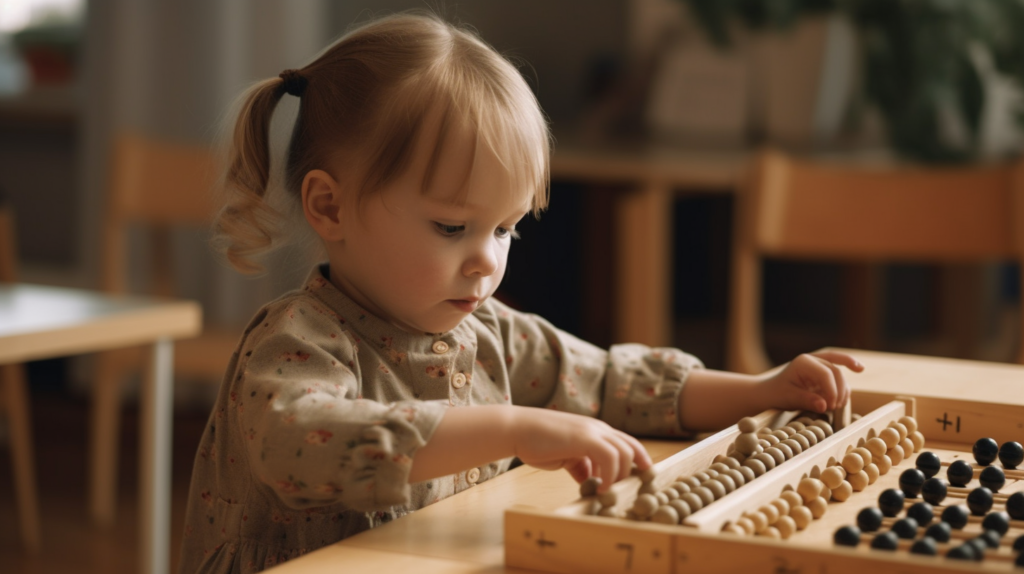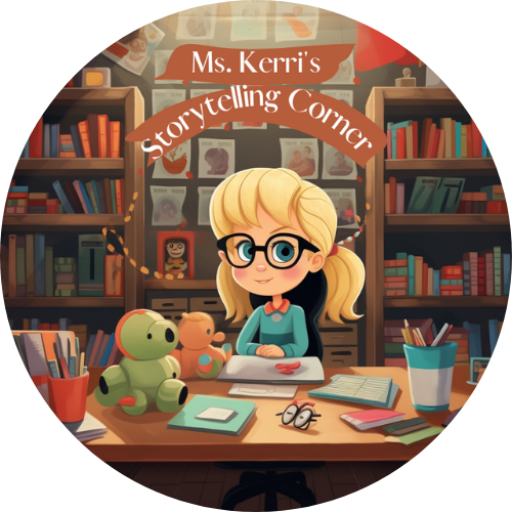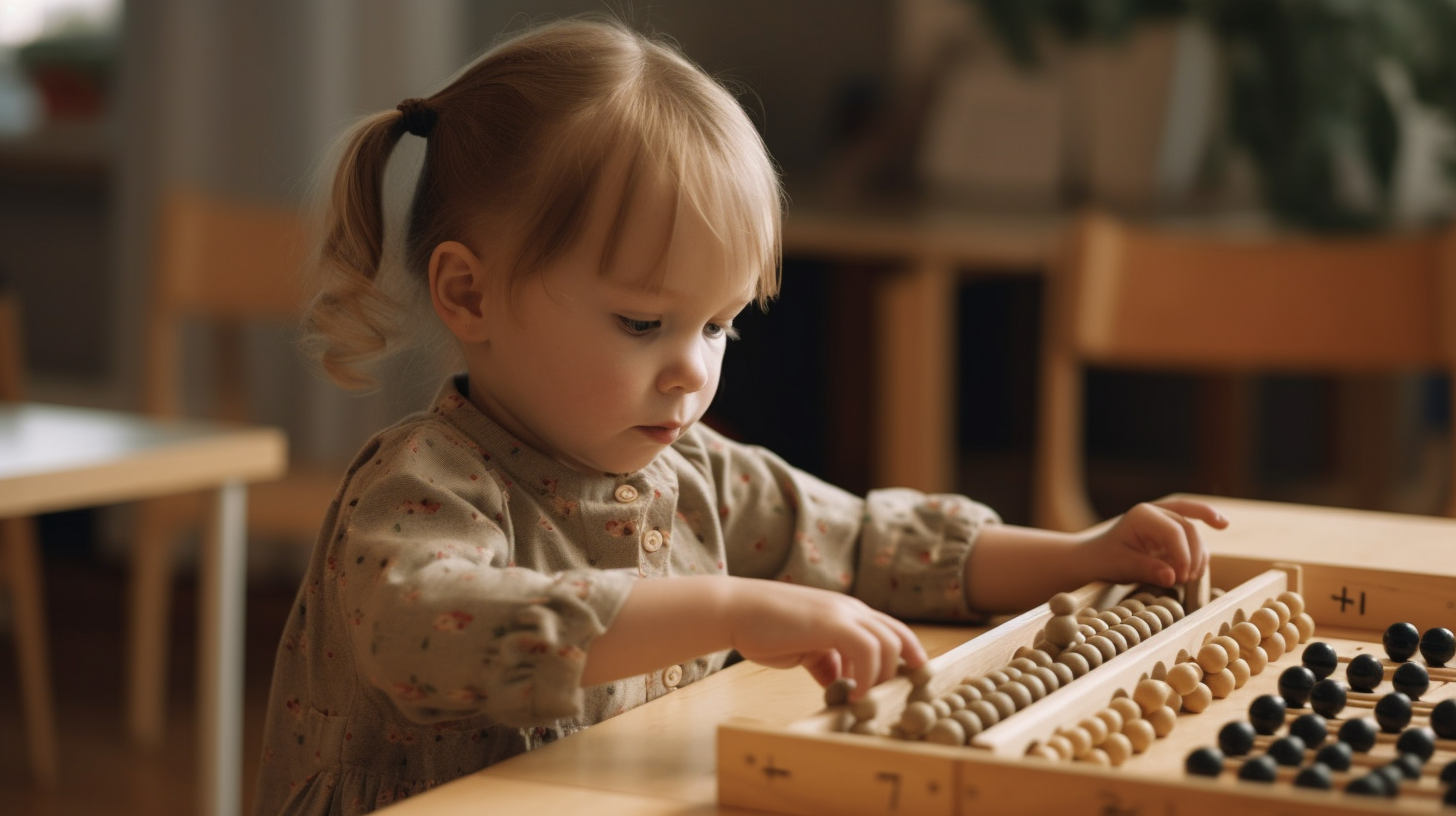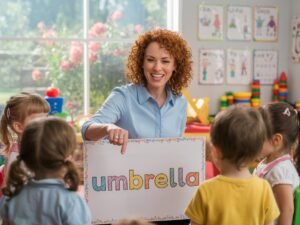
Exploring the world through simple science experiments is a fantastic way for preschoolers to learn about their environment. These experiments provide hands-on, engaging opportunities to understand basic concepts of science using everyday materials. By introducing young learners to the wonders of scientific discovery, parents and educators can spark a lifelong curiosity and love for learning in children. This article outlines various activities and tips to make science both fun and educational for preschoolers.
Key Takeaways
- Engage preschoolers with hands-on science experiments that are simple and safe.
- Use everyday household items to create a stimulating learning environment.
- Incorporate science into daily activities to make learning continuous and fun.
- Foster essential cognitive and motor skills through repetitive and engaging experiments.
- Ensure all science activities are age-appropriate and focus on safety first.
Exploring Simple Science Concepts

Understanding Basic Physics with Ramps
Engaging preschoolers with ramps is a fantastic way to introduce them to basic physics. By rolling various objects down ramps of different materials and inclinations, children can observe how speed and distance change. This hands-on approach helps them grasp the concepts of gravity and motion in a tangible way.
Observing Plant Growth
Watching a seed sprout and grow into a plant is not only magical for young learners but also educational. It teaches them about the life cycle of plants and the factors that affect growth such as water, light, and soil. This experiment can be a wonderful part of a daily observation journal, where children can record changes and predict future growth.
Mixing Magic: A Solubility Challenge
Introduce the concept of solubility through a fun and interactive experiment. By mixing substances like salt, sugar, and sand in water, children can see which materials dissolve and which do not. This activity not only demonstrates solubility but also encourages critical thinking as they hypothesize and test their predictions about different substances.
Creating a Home Laboratory

Setting Up a Safe Experiment Area
Creating a safe experiment area is crucial for young learners. Ensure all materials are non-toxic and tools are age-appropriate to prevent accidents. Designate a specific area in your home that is easily cleanable and free from household traffic.
Using Everyday Items as Lab Equipment
You can use basic household items like baking soda, vinegar, and food coloring to set up your home laboratory. These materials are not only affordable but also effective for a wide range of experiments, fostering a hands-on learning environment.
Guidelines for Supervising Experiments
Supervision is key to maintaining safety and enhancing the learning experience. Always be present during experiments and ready to guide your preschooler through the process. Encourage them to ask questions and make observations, which supports their cognitive development and curiosity.
Engaging Sensory Play Activities
Benefits of Sensory Play
Sensory play is not just about having fun; it’s a crucial part of learning and development for preschoolers. Engaging the senses helps children process and respond to their environment. By integrating sensory activities into daily routines, children enhance their cognitive skills and fine motor development.
Incorporating Science into Play
Science can be a natural extension of everyday play. A simple activity like a scented sensory bottle or a candy taste test can turn into a fascinating science lesson about the senses. These activities encourage curiosity and critical thinking, making science both accessible and enjoyable.
Messy Play: Fun and Educational
Messy play is a fantastic way to engage preschoolers in science learning. Activities like making slime or playing with dough allow children to explore different textures and reactions. This type of play not only supports sensory development but also fosters creativity and problem-solving skills.
Fostering Curiosity and Observation

Encouraging Questions During Experiments
Encouraging preschoolers to ask questions during experiments is crucial for developing their curiosity and understanding. By fostering an environment where questions are welcomed and valued, children learn to think critically and seek knowledge actively. This approach not only enhances their learning experience but also builds their confidence in exploring new concepts.
Teaching Observation Skills
Teaching observation skills to preschoolers involves guiding them to notice details and changes. Using simple, everyday phenomena can make these lessons relatable and effective. For instance, observing how ice melts or leaves change color can be fascinating and educational. These activities help children develop important cognitive skills and a keen eye for details, which are essential in scientific inquiry.
Recording and Discussing Findings
Encouraging children to record and discuss their findings is a powerful tool for reinforcing learning. Whether it’s drawing, writing, or verbal expression, documenting observations helps solidify understanding and enhances communication skills. This practice not only supports scientific thinking but also encourages children to share and reflect on their experiences, promoting deeper engagement and learning.
Integrating Science with Daily Activities
Science in the Kitchen
Engaging preschoolers in kitchen activities can be a delightful way to introduce basic science concepts. Mixing ingredients shows how different substances interact, which is a fundamental scientific principle. For instance, watching yeast make dough rise can spark discussions about biological processes.
Outdoor Experiments
The great outdoors offers endless opportunities for scientific exploration. Encourage children to observe the changes in nature, from the lifecycle of plants to the properties of water in different weather conditions. This hands-on approach helps them connect science with the natural world.
Weather Watching Fun
Preschoolers are naturally curious about the weather. Setting up a simple weather station where they can measure rainfall or wind speed makes science tangible. Discussing weather patterns and their effects can enhance their understanding of the earth’s systems and foster a deeper interest in environmental science.
Building Essential Developmental Skills
Cognitive and Motor Skills Through Experiments
Preschool science activities are not just about learning scientific concepts; they are crucial for developing both cognitive and motor skills. By engaging in hands-on experiments, preschoolers enhance their fine motor skills while exploring and understanding their environment. This dual development is essential as it lays a strong foundation for future learning and problem-solving abilities.
Problem Solving in Young Learners
Problem-solving is a critical skill that preschoolers develop through science experiments. These activities encourage children to think critically, make predictions, and test their hypotheses, which are fundamental aspects of scientific inquiry. This process not only boosts their cognitive development but also instills a sense of curiosity and resilience.
The Role of Repetition in Learning
Repetition in learning activities, especially in science experiments, is vital for reinforcing knowledge and skills. Each repetition allows children to deepen their understanding and refine their skills, making learning more effective and enjoyable. This approach ensures that the concepts and skills learned are not fleeting but become a permanent part of the child’s knowledge base.
Safety First: Conducting Experiments with Care
Ensuring the safety of preschoolers during science experiments is paramount. Here are some focused strategies to maintain a secure environment:
Choosing Age-Appropriate Activities
Select activities that match the developmental stage of preschoolers. Activities should be simple enough to follow but also engaging to foster curiosity and learning. Always encourage students to wash their hands with soap and water before and after doing a hands-on activity.
Non-toxic Materials Only
It is crucial to use materials that are safe and non-toxic. Verify all materials used are child-friendly and pose no health risks. This includes ensuring that any substances involved in experiments are harmless if touched or accidentally ingested.
Emergency Preparedness
Prepare for any potential emergencies by having a well-equipped first aid kit accessible and ensuring that all adults present know basic first aid procedures. It’s also important to have emergency contacts readily available and to practice evacuation procedures regularly with the children.
Celebrating Science Successes

Creating a Science Achievement Board
Creating a Science Achievement Board allows children to visually track their progress and celebrate their successes in science experiments. This can be a simple cork board where children pin up pictures of their experiments, notes, or even small samples. It’s a great way to make the learning process visible and encourage pride in their achievements.
Sharing Discoveries with Family and Friends
Encouraging children to share their scientific discoveries with family and friends not only boosts their confidence but also enhances their communication skills. Organizing small science fairs at home or in the community can turn this sharing into an exciting event for everyone involved.
Encouraging Continued Exploration
To foster a lifelong love for science, it’s crucial to encourage continued exploration. This can be done by setting new challenges, providing advanced materials as they progress, or simply celebrating their curiosity. Regularly updating the Science Achievement Board and sharing their journey keeps the momentum alive and makes science a thrilling part of everyday life.
Conclusion
Engaging preschoolers in simple science experiments is not just about teaching them scientific concepts; it’s about sparking a lifelong curiosity and love for learning. These activities, designed with young learners in mind, provide a hands-on approach to exploring the world, making science both fun and accessible. By incorporating these experiments into your routine, you not only foster a deeper understanding of the world but also support the development of critical thinking and problem-solving skills in preschoolers. So, embrace the mess, encourage the questions, and watch as your little scientists grow into curious and knowledgeable individuals.
Frequently Asked Questions
How do you conduct science experiments with preschoolers?
Keep experiments simple, safe, and hands-on. Use everyday materials and allow children to explore, touch, and observe to enhance their learning experience.
What are the benefits of hands-on science experiments for preschoolers?
Hands-on experiments foster curiosity, improve observation and prediction skills, and help preschoolers learn scientific concepts in a fun, engaging way.
What are some easy science experiments for preschoolers?
Experiments like observing plant growth, exploring solubility with the ‘Mixing Magic’ challenge, and physics experiments using ramps are great for young learners.
How can science experiments integrate into daily activities for preschoolers?
Incorporate simple experiments into routine activities like cooking to teach science in the kitchen, or explore nature during outdoor walks.
What safety precautions should be taken during preschool science experiments?
Use non-toxic materials, ensure activities are age-appropriate, and always supervise experiments to maintain a safe learning environment.
How can you make science fun and educational for preschoolers?
Combine scientific discovery with play by incorporating sensory activities, using engaging tools, and encouraging questions to make learning both fun and educational.

Ms. Kerri’s Corner provides a exciting virtual space for preschool learning. Through a variety of engaging activities, she exposes young minds to early math, literacy, science and social-emotional skills in a developmentally appropriate way. Centers for blocks, art, books and music allow children to explore hands-on learning at their own pace. Guided lessons subtly introduce number sense, letter sounds and narrative thinking. Careful observation gives insight into each child’s progress across domains. Viewers are also invited to participate, reinforcing that their ideas are valued. By making learning fun yet purposeful, Ms. Kerri lays the groundwork for future academic success while fostering creativity and imagination. Her program offers preschoolers valuable screen-based learning experiences.








